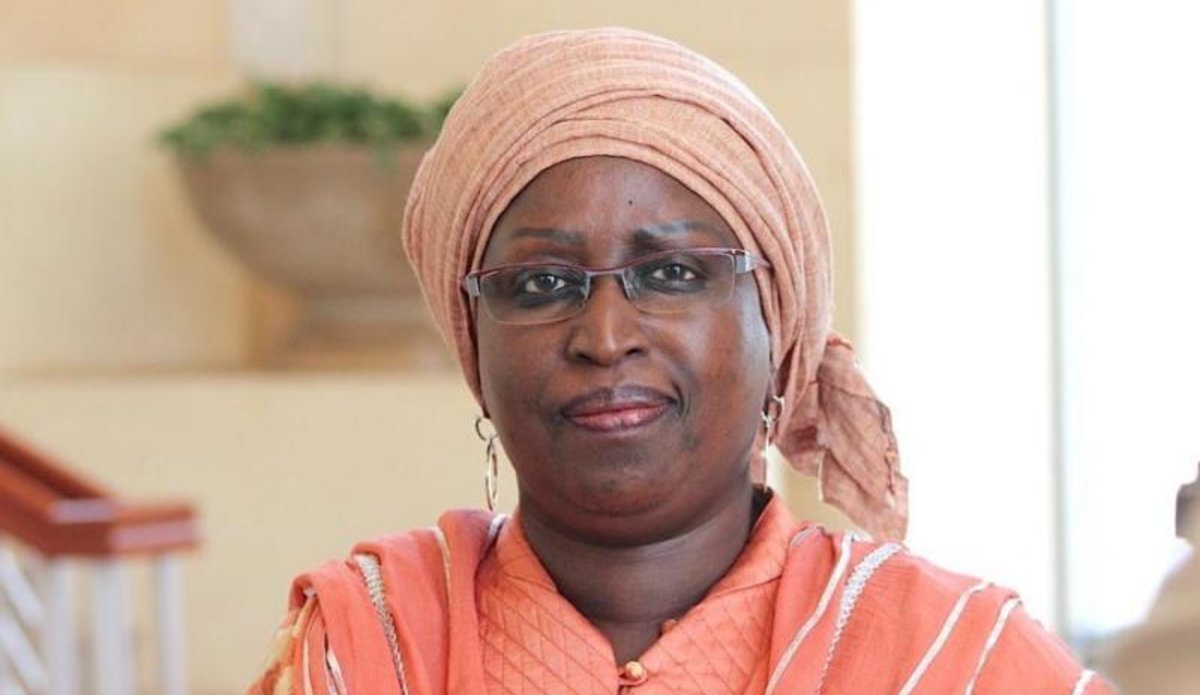“Women have real leadership, but our societies are often conservative”
Former Minister of Culture (2001) of Senegal, Professor of Muslim and Western Middle Ages History at the Cheikh Anta Diop University in Dakar, Mrs. Penda Mbow has been engaged for more than twenty years as a civil society activist for the promotion of the political and intellectual leadership of youth and women in West Africa and the Sahel. In this interview, she talks about the importance of the role of youth and women in West Africa and the Sahel.
What is your view about the situation of women in West Africa and the Sahel?
A look of optimism but with a certain perplexity. Women struggle on a daily basis to maintain fragile balances in our societies, within the family sphere, but the hindrances and challenges are so numerous that all their efforts are annihilated.
They generally suffer from mass poverty, violence of all kinds, including symbolic violence, unemployment of their children, inefficiency of our education systems, underemployment of fathers, uncontrolled urbanization ( they are the first victims of the inconveniences related to urban transport for example), the tragedy of illegal emigration, climate change and others.
In general, they are not the cause of conflict but are the first victims.
In this regard, Do you think that governments of the sub-region are doing enough to strengthen women's participation in decision-making bodies, particularly in the political and economic fields?
At this level, we need to make a difference between post-conflict countries. Liberia, Côte d'Ivoire, Sierra Leone, for example and others.
In countries that have emerged from civil war after decades of fratricidal struggles, women are needed to rebuild. This largely explains the presence of Ellen Sirleaf Jonhson at the head of Liberia from 2006 to 2018, the respect dedicated to the figure of Henriette Diabaté, Historian Emeritus and Grand Chancellor of the National Order of the Lion in Côte d'Ivoire or the longevity of Kandia Camara who is Minister of National Education since Alassane Ouattara became president in 2011.
As for a country like Senegal, since 1960, I will talk about the confidential power of women. The rare breakthroughs can be explained by a combination of circumstances but not by a real desire to recognize the contribution of women.
In countries such as Mali and Niger, adopting a family code is a work of Sisyphus.
There are few women in different governments in the sub-region. Is it a lack of female leadership or absence of government policy that promotes the role of women?
Women have real leadership, but our societies are often conservative and men who come to power are not necessarily real activists; they do not believe in women and develop a relationship of domination with them.
Moreover, the women who embody this leadership do not have the necessary means to conquer power.
Pertinent ideas, however relevant, are not enough. Talent, moral strength, integrity and intellectual tools are not always effective to political establishments or create a citizen movement that can go after the votes of citizens.
What states and Governments protect women and promote their involvement in peace and development processes in the region?
First, we must begin by recognizing the value of women, the exceptional results of girls in school and their steady progression in all disciplines, respect and trust in them. But set ride of the denial about their contribution to history, daily life and their ability to carry changes and mutations.
Identify women who have real transformational leadership to integrate them at all decision-making levels: decentralized and representative institutions, think tanks, mediation groups, government, regional and sub-regionals institutions, etc.
Soon, we will be celebrating the 20 years anniversary of the United Nations Security Council Resolutions 1325 (2000) and subsequent. Do you think that these Resolutions have made real progress in involving women in conflict prevention, and peace processes in the region?
Absolutely, especially in terms of raising awareness. The Resolution 1325 provided an opportunity for many women to provide testimony on violence and the use of rape as a weapon of war conflict zones... it simply freed women's voices and made significant progress in conflict resolution and, above all, led elite to take ownership of the dire situation in refugee camps and the suffering of women and children. This awareness has led to the guilt of these elites, a decisive step towards the development of mechanisms to establish peace, to curb the seeds of violence, to establish instruments to protect women and children.
It is not always easy because these same elites exploit all differences (races, ethnicities, castes, religions, brotherhoods, etc....) to make them levers for the conquest and the perpetuation of power.
What is your appreciation of the role of regional organisations (such as ECOWAS, the Mano River Union and the G5 Sahel) in improving the situation of women in West Africa and the Sahel?
ECOWAS' credibility has been confirmed over the years with the creation of the Gender Centre, the establishment and organization of women's networks to promote peace in the sub-region. It has integrated women of the sub-region into all its approaches and debates. This is the case with the Early Warning system. As for the Union of the Mano River, it is mainly embodied by a female figure, Saran Daba, and has contributed a lot in building peace in countries like Sierra Leone, Guinea, etc.
On the other hand, the G5 Sahel has a military and security dimension. This is what is more noticeable. This may explain the low impact of women and their limited presence in the G5 Sahel.
This article is published in the UNOWAS Magazine N9 -> Download here
 UN
UN


